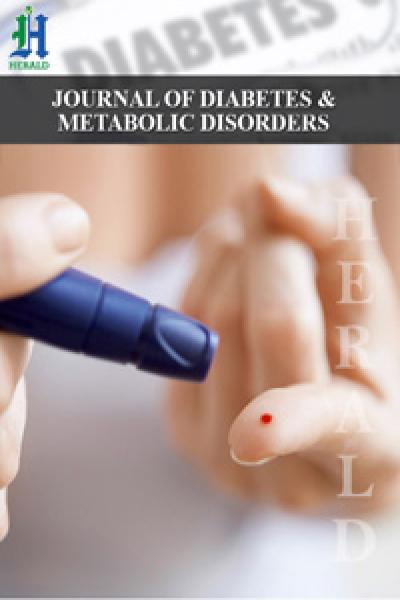
Diabetes Management
Effective diabetes management is essential to prevent acute complications and reduce the long-term risk of organ damage. The primary goal is to maintain blood glucose levels within a target range, typically measured by fasting glucose, postprandial glucose, and HbA1c. Core strategies include lifestyle interventions, pharmacologic treatment, self-monitoring, and patient education. Lifestyle modifications such as a balanced diet, regular physical activity, weight management, and smoking cessation form the foundation of care. Pharmacologic options vary based on diabetes type, duration, and comorbidities. For Type 2 diabetes, metformin is usually first-line, with additional agents like GLP-1 receptor agonists, SGLT2 inhibitors, or insulin as needed. Type 1 diabetes management requires insulin therapy from diagnosis, often delivered through basal-bolus regimens or insulin pumps. Technological tools such as continuous glucose monitoring (CGM), insulin delivery systems, and mobile health apps support improved control. Regular monitoring for complications—retinopathy, nephropathy, neuropathy, and cardiovascular risk—is integral. An individualized, patient-centered approach involving education, psychological support, and multidisciplinary care ensures optimal outcomes and enhances quality of life.

